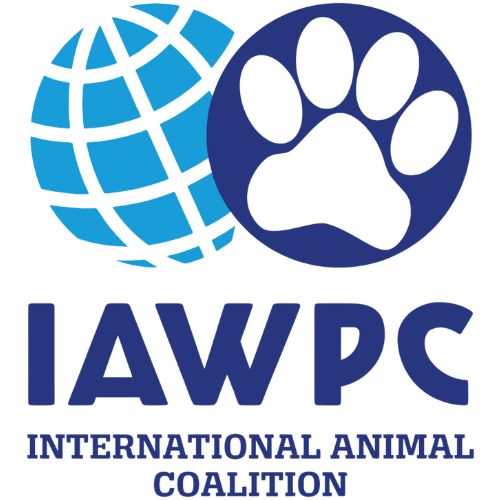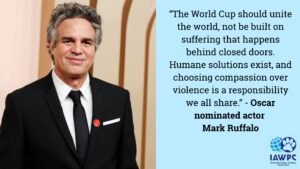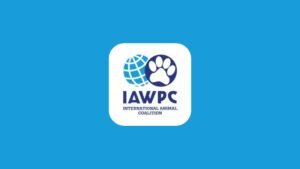A woman has told of her horror at witnessing puppies being poisoned and thrown into a van “like trash” during a brutal dog cull in Tangier, Morocco, part of a growing pattern of abuse campaigners warn is linked to the country’s efforts to “clean up the streets” ahead of the 2030 FIFA World Cup.
The foreign national, who spends part of the year in Morocco and lives in a flat overlooking the site, described hearing a dog’s scream before watching from her balcony as men in overalls chased, poisoned, and piled the limp bodies of a mother and her pups into a waiting vehicle.
“What was most disturbing was the complete lack of care or dignity in how the animals were treated,” she said. “The last puppy thrown into the van was still making faint noises as it died. It was chaotic, cruel, and heartbreaking.”
She filmed the incident, which took place in a residential area in broad daylight and possibly seen by children from nearby buildings and the street.
The woman, who asked not to be named for fear of reprisals, said she was “paralysed” by the shock. “It was the kind of visceral sickness that only comes when you’ve witnessed something profoundly evil. I felt devastated and ashamed.”
The incident is the latest in a string of disturbing reports from across Morocco, where animal welfare organisations say thousands of street dogs have been poisoned, shot or rounded up since the North African country was awarded hosting duties for the 2030 World Cup alongside Spain and Portugal.
Although the Moroccan government has publicly committed to a humane Trap-Neuter-Vaccinate-Return (TNVR) strategy to manage stray dog populations, critics say the policy is being widely ignored by local authorities, and that shocking scenes like the one in Tangier are all too common.
“This is a betrayal of public trust and of Morocco’s promises to the international community,” said Les Ward, chairman of the International Animal Welfare Protection Coalition (IAWPC), which is documenting incidents across the country. “If this is how dogs are being treated in open daylight in a major city, what’s happening when no one is watching?”
He continued: “We are calling on FIFA, world leaders and animal-loving citizens everywhere to demand answers. This is state-sanctioned cruelty, sanitised as street ‘cleansing’. It has no place in any country, let alone one preparing to host one of the world’s biggest sporting event.”
In the Tangier case, passers-by attempted to intervene, with one woman stopping to film and confront the men, but she was intimidated and shouted at and told to leave. Others watched helplessly.
The witness said she has seen signs of animal mistreatment in Morocco before, including dogs and cats crammed into unsanitary cages in markets, but nothing on this scale. “I had hoped things were improving,” she said. “What I saw made me question that entirely. Whatever the official policy says, this is the reality and this is inhumanity.”
She also expressed concern for the psychological impact on local communities, especially children. “The thought that young people could witness this kind of violence is deeply upsetting. It normalises cruelty.”
Despite a global public outcry, and protests and petitions from Moroccan citizens, incidents of dog brutality and killings continue to emerge, often accompanied by footage too graphic to show.
The IAWPC and other groups are urging the Moroccan government to honour its TNVR pledge, launch a full investigation into the Tangier killings, and hold local officials accountable. They have also called on FIFA to press host nations to uphold humane standards as a condition of hosting.
For more information, visit www.iawpc.org




